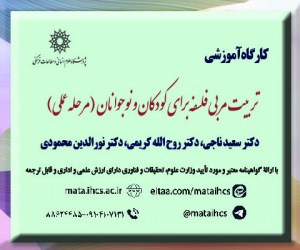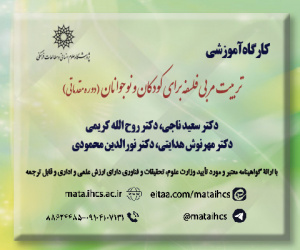هویت، سکسوالیته و گفتمان فمینیسم سیّال در ایران معاصر (مقاله علمی وزارت علوم)
درجه علمی: نشریه علمی (وزارت علوم)
آرشیو
چکیده
یکی از گذرگاه های قابل توجه در مسیر شناختِ مناسبات هویتی زنان در ایران معاصر، بازخوانی و تفسیر نزاع های گفتمانی در تحدید و تعریف امر سکسوال و پیوند آن با هستیِ فکری و عملی زنان است. بُعدی که اگر مغفول بماند، می تواند زنان را از شناختی دقیق نسبت به وضعیت خود، مطالبات و حقوق اجتماعی و سیاسی شان محروم کند. این مقاله با تکیه بر تحلیل تاریخی و تحلیل گفتمانی مستخرج از نتایج مصاحبه عمیق با 8 زن از متولدین دهه شصت در ایران، صورت های گفتمانی حاکم حول دال زن و سکسوالیته را ترسیم نموده و نزاع های هژمونیک بر سر معنابخشی به آن را –با محوریت حذف و ادغام امر سکسوال- در بزنگاه های تاریخی نشان می دهد. نتیجه این مطالعه، شناخت سوژه های گسترده تری در هیأت گفتمان مقاومت در ایران ِ پس از انقلاب -که ما در این جا آن را گفتمان فمینیسم سیّال خوانده ایم-بود که سوژگی شان با منطق نظری این تحقیق، نتیجه تجمیعی از مطالبات سرکوب شده توسط گفتمان مسلّط است. همچنین نشان داده ایم که چگونه افراد در متن زندگی روزمره شان به این گفتمان واکنش نشان می دهند و آن را در نحوه کاربست حک و اصلاح و دستکاری می کنند.Identity, Sexuality and Discourse of Fluid Feminism in Contemporary Iran
One of the significant passages through the way of understanding the women’s identity relations in contemporary Iran is the re-reading and interpretation of discourse conflicts in limiting and defining The sexuality and its connection with the intellectual and practical existence of women. To the extent that if neglected, it can deprive women of a less distorted knowledge of their status, their demands, and their social and political rights. Relying on historical and discourse analysis derived from the results of in-depth interviews with 8 women born in the sixties in Iran, this article depicts the dominant discourse forms around the signifiers of 'women and sexuality' and shows the hegemonic disputes over its meaning, with the focus on the elimination and integration of sexuality in historical moments. According to the result of this study, we concluded some broader types of action subjects within the discourse of resistance in post-revolutionary Iran (which we have here called the fluid discourse of feminism), whose subjectivity, based on the theoretical logic of this research, is the cumulative consequent of repressed demands by the dominant discourse. We have also shown how people react to this discourse in the context of their daily lives and manipulate and change it in how they use it.



